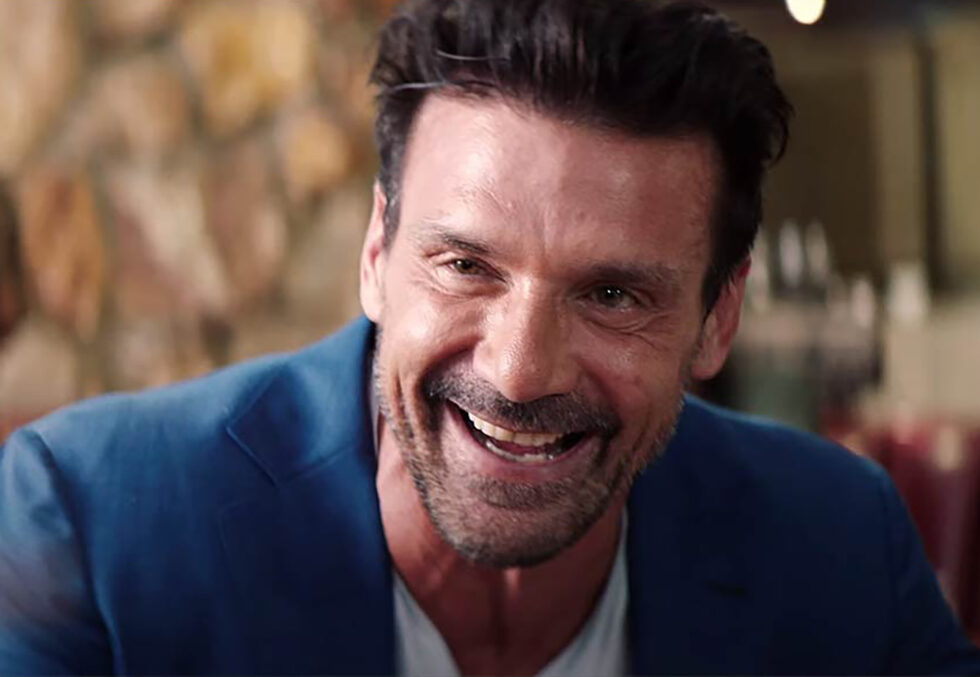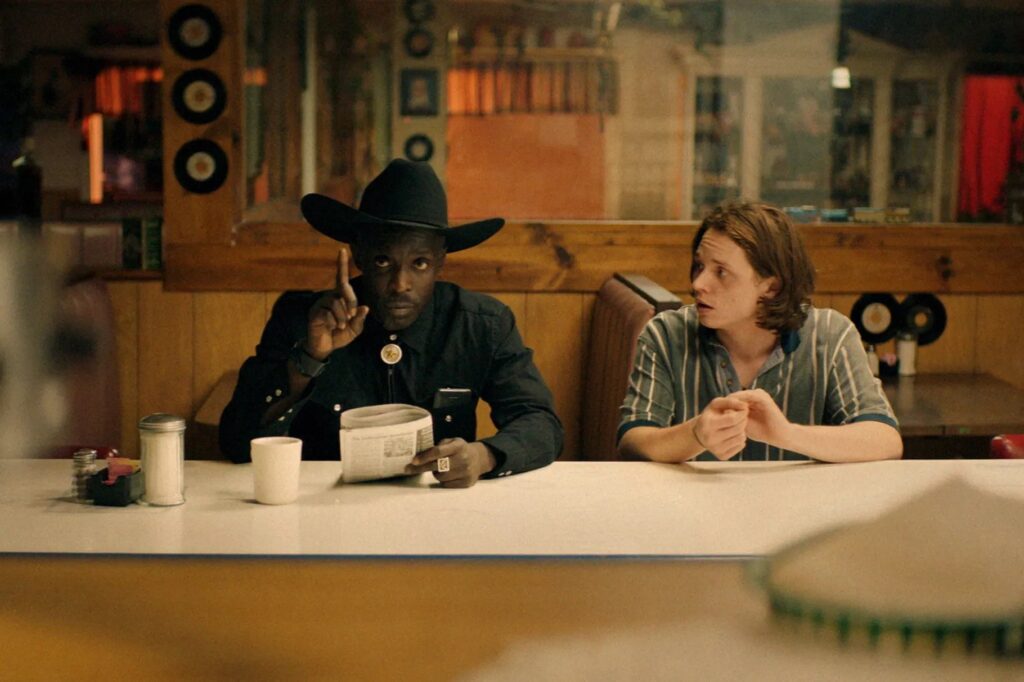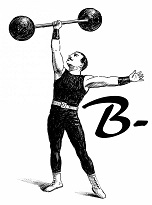“Body Brokers” is a new crime thriller written and directed by John Swab. The film is about Utah (Jack Kilmer), a young man with a substance use disorder who lives on the streets of rural Ohio with his girlfriend, Opal (Alice Englert). The two rob corner stores to fuel their addiction until one day, a charming man named Wood (Michael Kenneth Williams) brings them to Los Angeles to enroll in a fancy 90-day drug treatment program. Utah soon learns that drug addiction treatment is a front for a major multi-billion dollar operation that enlists people struggling with drug dependence as both the workers and the products being sold. Wood takes Utah under his wing and starts making money and enjoying the finer things. However, being surrounded by people using drugs proves to not be an ideal workplace for someone in recovery and Utah struggles. Based on a true story, “Body Brokers” is a uniquely American tale.
This film has come at a rather opportune time. Artists have been making works about addiction for a long time but this film has a distinctly modern core that sets it apart. This movie’s strong premise is of its time. The American healthcare system is corrupt and immoral so “Body Brokers” shows us characters who are bending that to their own advantage. It’s an underdog story. For a system that has for so long squeezed every dime from the sick and dying, it only makes sense that the sick and dying flip the script and scam the scammers. The film also plays into the current generations preoccupation with hustling (working hard to get money). At the same time, rather paradoxically, young people are also growing more and more impatient with the corruption so inextricably linked to capitalism and America’s for-profit healthcare system that often leaves sick people without care. “Body Brokers” is at the perfect intersection of hustle culture and hatred of the American healthcare system. It is very much a picture for young people.
The characters manage to both be a major plus and minus for this film. Utah is a passive lead without much characterization. We don’t know much about him or his personality. At one point in the movie, Utah says he is just getting to know himself sober, but this is not an excuse for having a flat lead.
On the other hand, all the supporting characters showed much more personality and were more engaging as a result. Wood (Michael Kenneth Williams) is a cowboy-hat wearing mentor-figure who is lovable, admirable, and a loyal friend. Frank Grillo’s ‘Vin’ character seems slimy from the start, but he’s also exactly who every Instagram entrepreneur wants to be. He’s smart, suave, and has an undeniable cool factor. Opal is a direct foil to Utah. She does not seek sobriety and continues to destroy herself, purposely acting antagonistic towards him. She remains a dark force throughout the film and in Utah’s life. May (Jessica Rothe) is so sweet and lovable from the moment she is introduced. She truly cares about the patients at the rehab center and is who people hope is caring for their loved ones in these facilities. Sid (Owen Campbell) is a pretty minor character but his eccentricity leaped from the screen, making him very memorable. This would all be high praise if it wasn’t such a jarring contrast to the main character who is really just some guy.

At the heart of “Body Brokers” is an important social issue that is not handled with much care. Utah struggles with his addiction after treatment, however it is a small part of the film. 90-day treatment programs are famous for their low success rates (the film does acknowledge this). However, the movie acts like he is magically cured of his addiction thereafter. He just looks uncomfortable when others use drugs around him. It seems the awesome premise was put before all else leaving us with a film about people with substance use disorder and no real look into substance use disorder. Wood’s mantra and excuse for his morally ambiguous work is, “They will get high regardless,” referring to the people he shuttles in and out of rehab.
Unfortunately, “Body Brokers” does not dive further into what that means. That idea plays into the extremely beneficial harm reduction approach to treatment and is being used in this very different moral context. Would this constitute a harm reduction approach? The monetary incentive does allow some of them to continue getting high; but Woods is right, they were already doing that. However, by incentivizing them to go to rehab, more people go to rehab. With more people going, some are bound to have success, even if a small percentage.
“Body Brokers” also quickly touches on the idea of selling one’s body. Opal sells sex to afford more drugs and then transitions to selling her body in a new way: by filling body requirements in rehab centers and by getting chips implanted in her body. It’s even in the title yet the film seemingly doesn’t have time to explore those ideas. “Body Brokers” dances around social issues without saying much about any of them, leaving the film without any deeper level. In addition, press materials and synopsis for the movie use words such as “addict” and “junkie.” It’s disheartening to see a movie about treatment using outdated language that stigmatizes the people it’s about.The purpose of “Body Brokers” is to entertain not educate, but it would have been better served if it did more of both.
*You can stream “Body Brokers” on YouTube, Google Play, and Vudu.



3 Comments
Wow ! Good review. Gonna gotta check this one out. Pull back the curtain.
I watched this movie with my friend, Pablo and we thought it was sub par. But me and pablo think that this review perfectly reflects the movie. I like the way this reviewer reviews the movie. Pablo thinks the same thing. I can’t wait to read more reviews
I feel like I can watch the film with better understanding of the issues now. 👍🏽